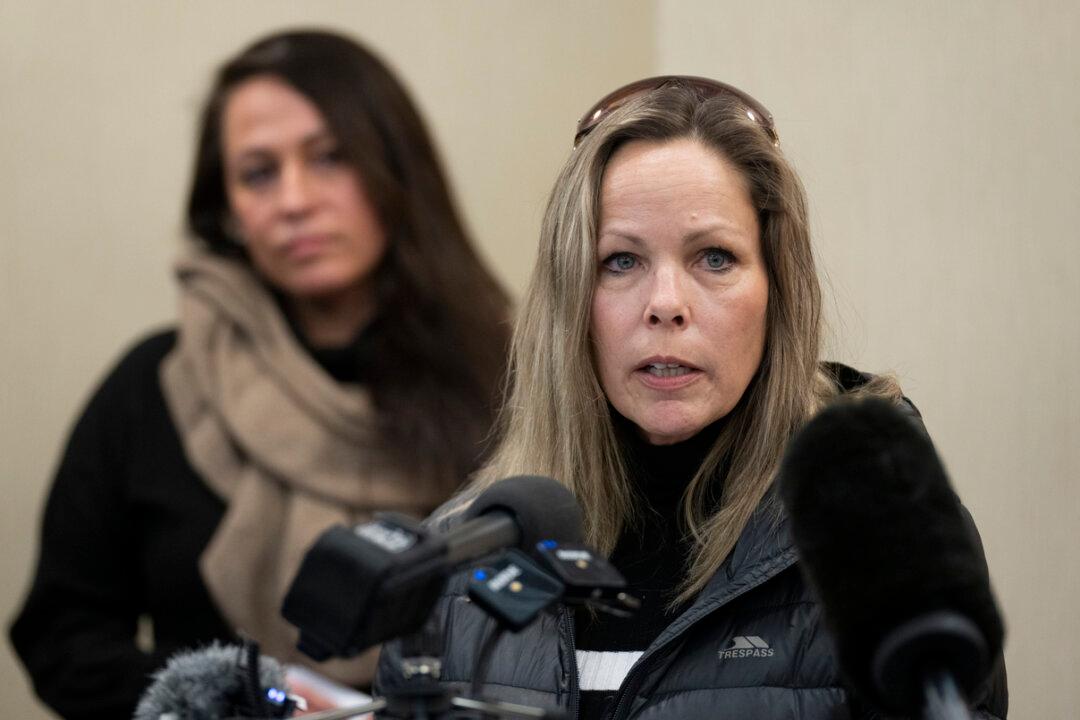Tamara Lich is appealing her bail conditions because they violate her Charter freedoms, says a constitutional rights group representing the Freedom Convoy organizer.
The Justice Centre for Constitutional Freedom (JCCF), which represents several convoy leaders, announced on March 24 that Lich will appeal the bail conditions handed down by the Ontario Superior Court.





